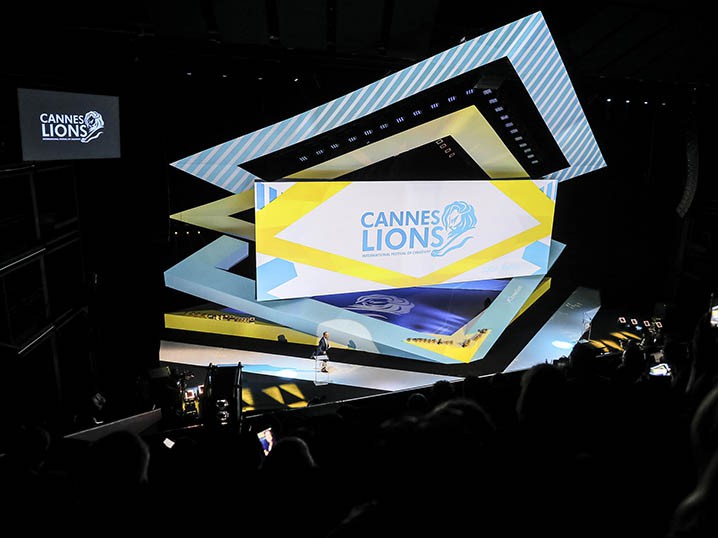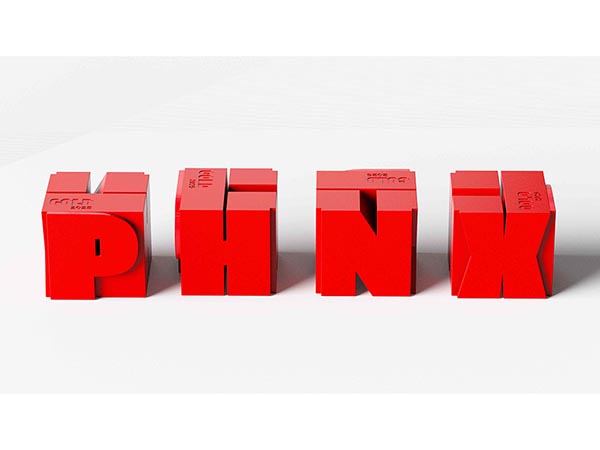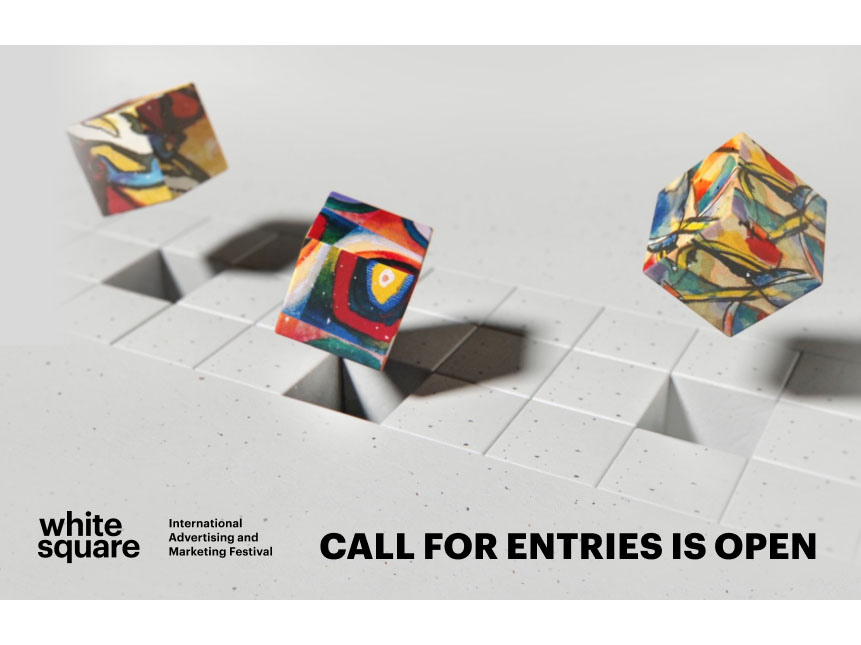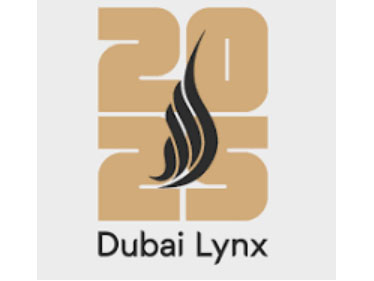News - Events
Cannes Lions: ‘When it comes to ideas we are not moving forward’
by Iain Akerman
July 15, 2017

It’s hard to shake off a sense of disappointment with this year’s Cannes Lions International Festival of Creativity. The region may have won more awards than ever before, but there were fewer golds and no titaniums. There is a marked sense of being underwhelmed.
The total awards haul was 39, surpassing last year’s 26 and the previous high point of 31 in 2013. But with only three golds compared with last year’s four and the five won in 2015, can this year’s festival be classed a success?
Not if you compare it with 2015, the year of the first titanium for Egypt, the first gold for Kuwait, and a double gold in the glass category. Perhaps more significantly, there were no wins at all this year in the integrated, digital craft, creative data and mobile categories.
That said, a more varied array of agencies won, indicating that the field of contenders is expanding away from the core of traditional winners. Leo Burnett, Impact BBDO, Y&R Dubai, FP7 and Memac Ogilvy will be pleased in some way with their performances, but others less so. Most notably J.Walter Thompson, which won nothing after previous good years.
Of the three golds, it was arguably only FP7/CAI’s ‘The line-up song’ for Coca-Cola that caught the imagination. The other two – for Memac Ogilvy and ‘Potatoes on Mars’ in Lions Health, and Y&R Dubai for ‘One book for peace’ in design – depended largely on collaboration with others.
“The Cannes Lions this year was a ‘best of’ for our region in terms of the number of Lions you will receive later by courier,” says Bechara Mouzannar, chief creative officer at Publicis Communications MEA, which includes Leo Burnett, Saatchi & Saatchi and Publicis Middle East. “But it was definitely not the best in terms of the number of Lions that you bring back home in your luggage.
“In terms of the conversion rate from entries to shortlist, 2017 was one of the worst ever, which sends us all a signal that says ‘be humble about your wins’. Take your work on your brands up to the next level of contemporary resonance.
“Although the region was absent from five categories that include titanium and integrated, the fact that it was recognised in all the other categories was quite an achievement, especially in a year that has not been the most creative year for our industry in the region. Almost 95 per cent of the campaigns that won at the Dubai Lynx did not impress the Cannes jurors. Most of the wins for the region came from campaigns that have started their annual awards tour on the Promenade de la Croisette. The reality is that the bar of excellence was extremely high this year in almost every category.”
Kalpesh Patankar, executive creative director of Y&R Dubai, agrees. “The quality of work this year was very high across all categories and our region was competing against some really strong work,” he says. “While there have been fewer golds and no titanium, the one thing that has been constant is improvement. And that is what we have seen this year.
“In fact, I think the steady improvement is an indicator of better things to come. The good thing I’ve noticed over the past few years is that the region is evolving, getting recognised in many different, new categories like innovation and product design. Our work needs to be seen by the world and we need support in that aspect from all media partners. Good work needs to be recognised and spoken about. It always helps when the work is more familiar to everyone.”
However, as Mouzannar alludes to, this was not a classic year. With a poor conversion rate and failure to gain ground in important areas such as digital craft, there are signs that the region is floundering. “While some agencies have excelled in their media selection, most still seem to be stuck in the traditional pond,” says Alok Gadkar, general manager and executive creative director at The Classic Partnership Advertising. “Cyber, mobile, creative data or digital craft still seem to be far, far away from the line of vision for most creative agencies in the region.”
“Is it a year we would like to repeat again?” asks Ramzi Moutran, executive creative director at Memac Ogilvy Dubai, who left the agency on ‘sabbatical’ shortly after Cannes. “I think not. There were only three gold Lions won. No grand prix, no titanium, and in many categories we did not get anything. Shockingly in mobile, digital craft and creative data we did not get a single Lion. These are the categories of the future and I fear we are being left behind the rest of the world. I am not saying we are in a bad place, because we are not as a industry. After all, the industry is doing well despite all its challenges.
“But when it comes to our ideas we are not moving forward enough. We are still doing things the way we always have. Our best ideas are still not for our biggest clients. Our clients are still not demanding our best ideas on their biggest campaigns. Unfortunately, we are still doing way too much pro bono work for charities.”
He adds: “What I did notice in Cannes this year, more than previous years, was the strength of client/agency relationships by many of the big winning agencies. We could see these partnerships celebrating on stage together and up and down the Croisette all week. Most of the big winners of the year, like Burger King’s many amazing brave ideas or 'Meet Graham' and that image you can not forget, or #FearlessGirl, which is now a permanent part of New York’s Wall Street.
“The big ideas for big brands come from amazing client/agency relationships based on trust. I feel this is what we are missing. We generally don’t have good enough relations and in turn good enough trust to push our work for from a silver to a gold… or even to the ever elusive grand prix which the Middle East is still missing.”
As with much of the talk surrounding Publicis’ withdrawal from Cannes and all other awards next year, there is persistent and rising disillusionment with the festival itself. Even Patankar believes that the “Snapchat Ferris wheel was just not a good idea”, while Mouzannar now views much of Cannes as akin to Disneyland.
“While the awards ceremonies were interesting and inspiring, celebrating the best creativity in the world, the rest of the festival has become, year-on-year, more noisy in its scope, more flashy in its tricks and parties, more inconsistent in the value of the educational content on stage, in spite of the wide versatility of great guest speakers,” says Mouzannar. “The whole buzz is getting less spontaneous. Every speaker sells his or her own brand or brands, which makes very few talks really inspirational.
“By mixing under the banner of creativity tech companies, the communications industry at large, pharma communications, and the huge music and entertainment industries, the Cannes Lions is becoming Disneyland-Sur-Mer, with four different magic worlds and attractions, hotels and fast tracks, shops that sell teddy Lions, and a Snapchat yellow wheel projecting its rotating shadow on the famous red carpet stairs. May the Cannes Lions accept to be, again, only the Cannes Lions.”
Topics
Recommended
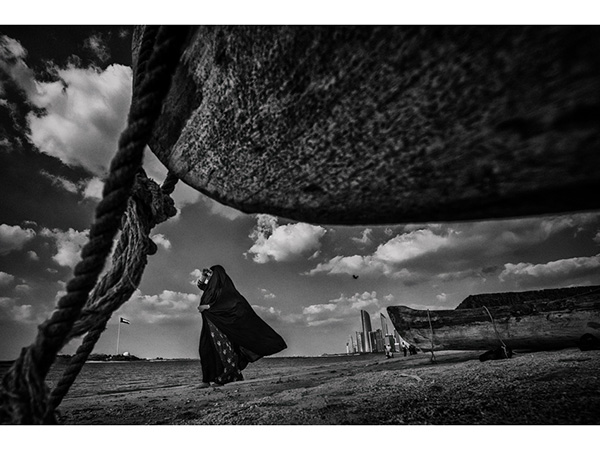
Donell Gumiran announced as UAE's winner for the Sony World Photography Awards 2025
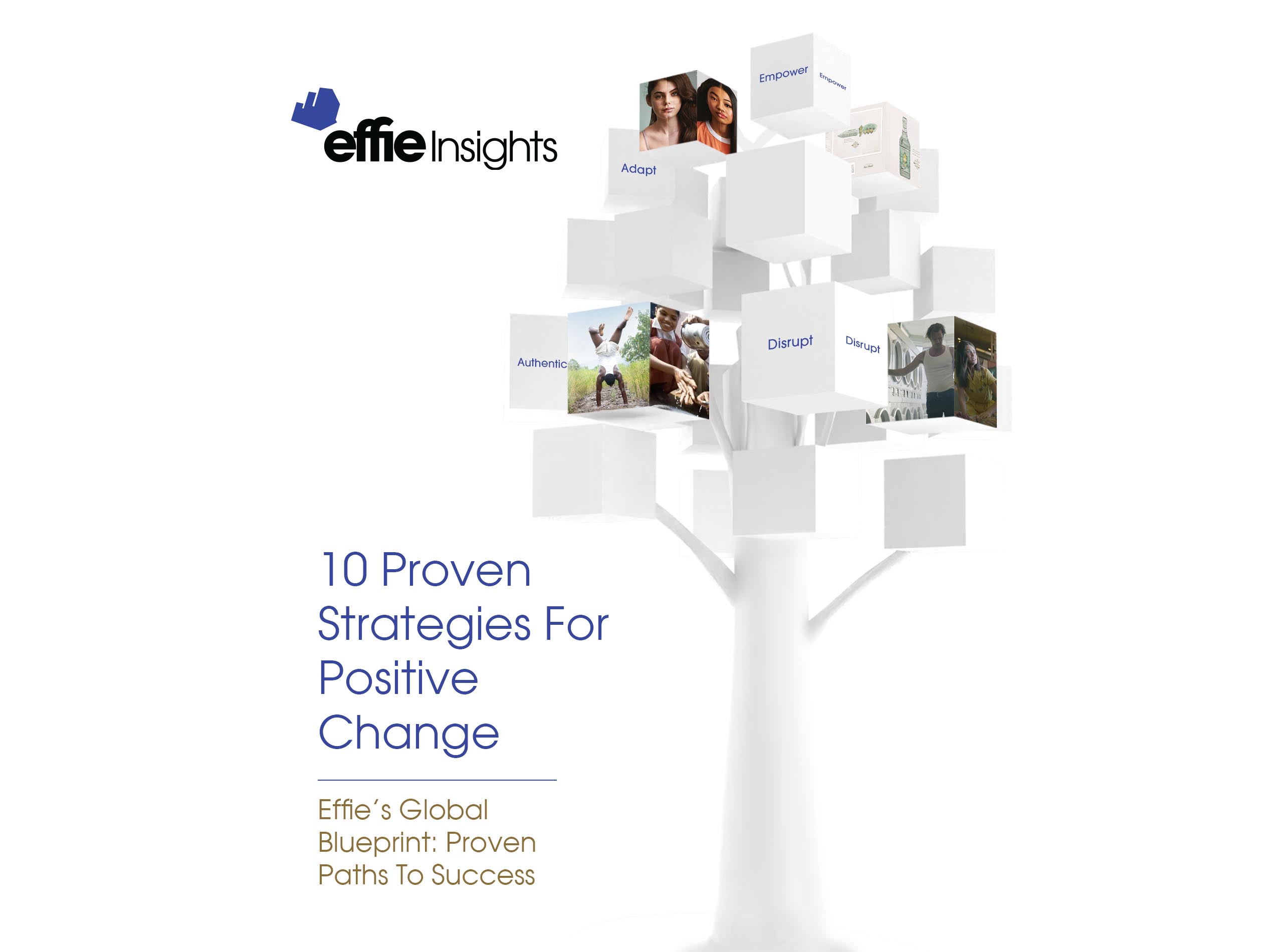
Effie celebrates ten years of championing campaigns that make a difference
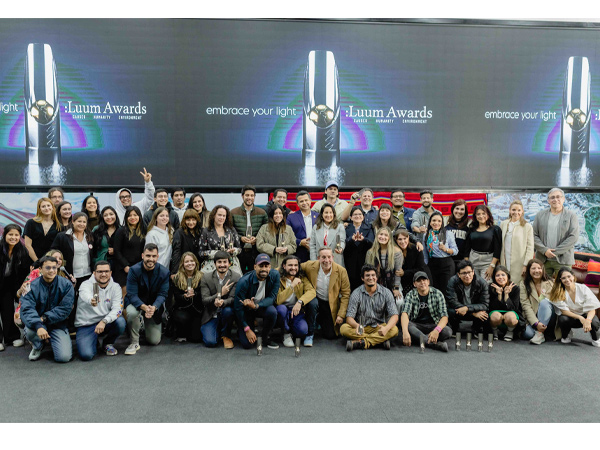
Edelman and Ogilvy star at the Luum Awards, the global festival for purpose-driven communications



